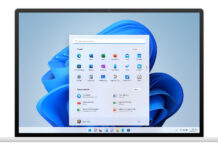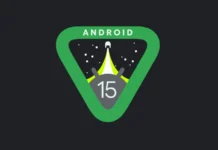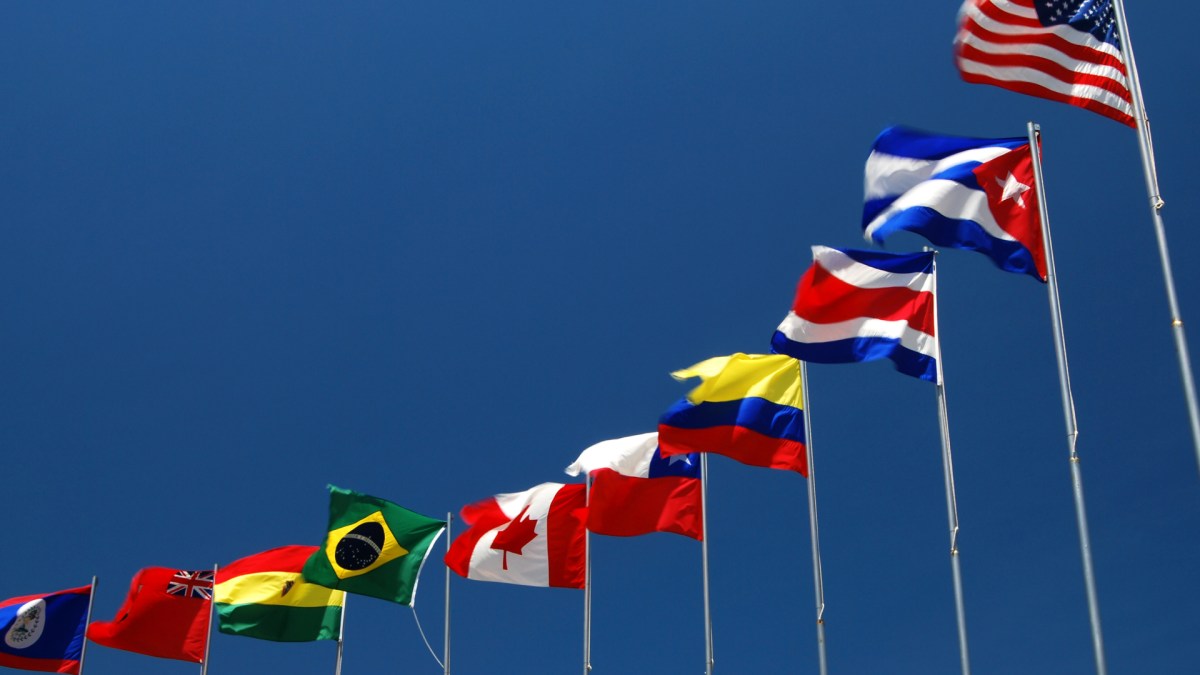This week, global leaders and international organizations convened for the 2024 United Nations General Assembly (UNGA). We are proud to have demonstrated our commitment to advancing the UN’s Sustainable Development Goals (SDGs) at this significant event, as we firmly believe that technology plays a crucial role in addressing some of the world’s most urgent challenges.
One of the key highlights was the potential of open-source AI to act as a great equalizer by making the most advanced models accessible on a global scale. In addition to unveiling the recipients of the inaugural Llama Impact Grants and Llama Impact Innovation Awards, we announced four notable collaborations throughout the week. These partnerships with UNESCO, the U.S. State Department, Economist Impact, and the Stanford Deliberative Democracy Lab underscore the role of open-source AI models in fostering social progress and supporting humanitarian initiatives.
### Helping UNESCO Ensure No Language Is Left Behind
On Monday, during an event with the United Nations Educational, Scientific, and Cultural Organization (UNESCO) and Hugging Face, we introduced a translation interface built on Meta’s No Language Left Behind (NLLB) AI model. The model, hosted on Hugging Face’s Spaces infrastructure, supports high-quality translations in 200 languages, including under-resourced and marginalized languages such as Asturian, Luganda, Maori, and Urdu.
The creation of NLLB was driven by the understanding that excluding low-resource languages from technological advancements risks leaving their communities behind. UNESCO highlighted the importance of this interface in supporting its efforts on multilingualism and the International Decade of Indigenous Languages by promoting linguistic diversity.
### Partnering With the State Department to Harness AI
We are excited to have joined the Partnership for Global Inclusivity in AI, a new initiative launched by the U.S. State Department alongside leading industry voices. This partnership aims to promote the development of AI systems that are safe, secure, and trustworthy, addressing global societal challenges. Our collaboration focuses on expanding open-source AI innovation across Latin America, Africa, the Middle East, and Asia. AI holds immense potential for positive impact, and through this partnership, we aim to help the U.S. and the world achieve essential UN SDGs.
### The Benefits of Open Source AI, Backed By Data
In collaboration with Economist Impact, we released a white paper this week that examines the advantages of open-source AI. Open-source AI has the potential to drive innovation, increase transparency, and build trust in AI systems. However, the success of these models relies on high-quality data. Economist Impact’s comprehensive research and interviews revealed valuable insights into how open-source AI can benefit emerging market countries by improving access, fostering innovation, and driving economic growth.
### Bringing Underrepresented Perspectives to Our AI Community Forum
We are thrilled to announce that on October 19, we will host our second Community Forum on Generative AI. Our inaugural forum last October brought together 1,500 participants from four countries to discuss the principles and values that should guide AI models. Recognizing the importance of including historically underrepresented regions in these discussions, this year’s forum will feature participants from India, Turkey, Saudi Arabia, Nigeria, and South Africa. Partnering with the Stanford Deliberative Democracy Lab, the forum will focus on the governing principles of AI agents and chatbots. Insights from the 2023 forum have been crucial in shaping the ongoing development of our AI products and services, and we look forward to sharing results from the 2024 forum early next year.
### Providing Grants to Encourage Impactful Uses of Open AI
This week, we also announced the awardees of our 2023 Llama Impact Grants and Llama Impact Innovation Awards. Launched last year, our grants program aims to support innovative applications of Llama 2 and Llama 3, our open-source AI models, to address pressing social issues. We received over 800 applications from organizations in over 90 countries, proposing various uses of Llama in education, the environment, and open innovation. From this diverse pool of applicants, we identified three leading projects: Wadhwani AI, Digital Green, and Dana Farber, which will use Llama 3 to enhance English language learning in public schools in India, provide agricultural advice to small-scale farmers, and match cancer patients to clinical trials, respectively.
In summary, the 2024 UNGA has provided a platform to showcase how technology, particularly open-source AI, can contribute to achieving the UN’s SDGs. Through collaborations with global organizations and initiatives like the Llama Impact Grants, we aim to harness the power of AI to create meaningful social progress and address some of the world’s most critical challenges.
For more detailed information, you can visit the original article on the official website.
For more Information, Refer to this article.
























![The Apex Legends Digital Issue Is Now Live! Apex Legends - Change Audio Language Without Changing Text [Guide]](https://www.hawkdive.com/media/5-Basic-Tips-To-Get-Better-On-Apex-Legends-1-218x150.jpg)







